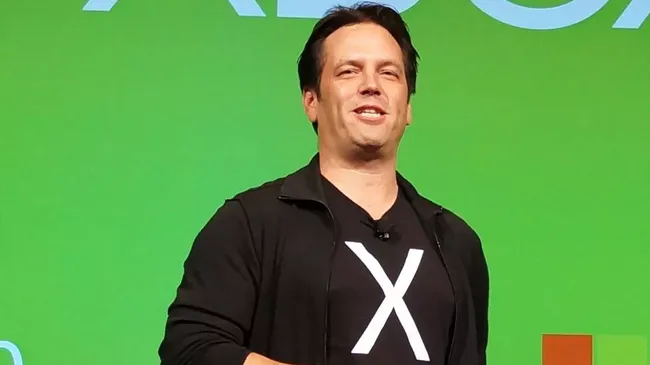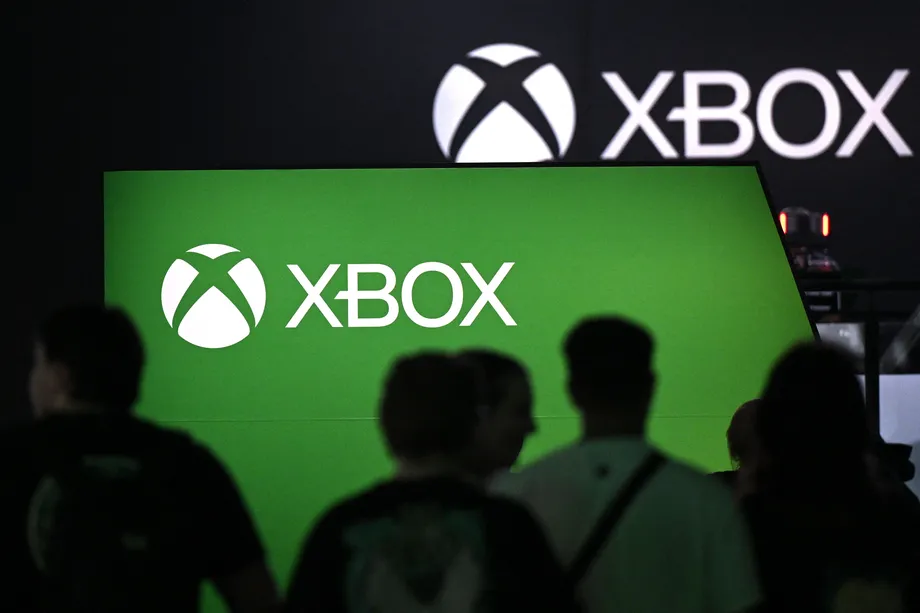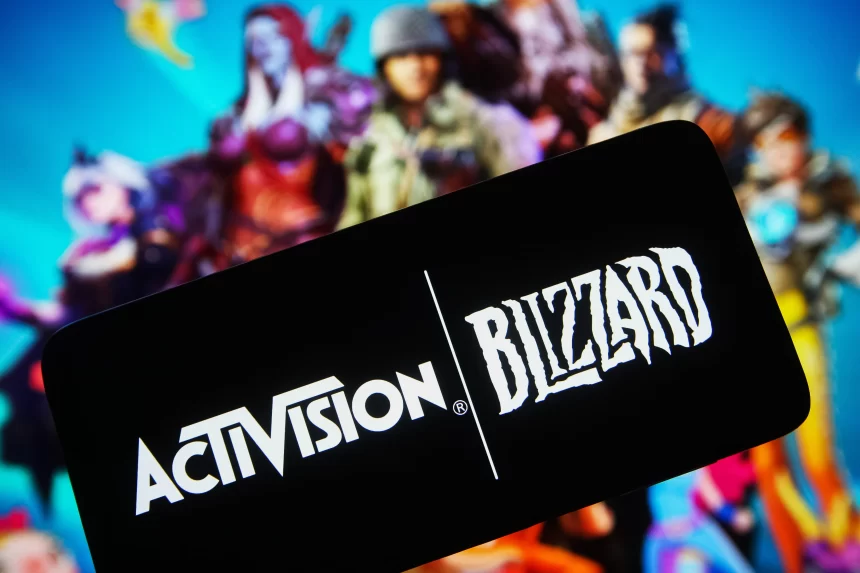In a conversation with Polygon during the annual Game Developers Conference, Spencer delved into various topics ranging from the potential of a handheld console to the challenges posed by closed platforms.
Amidst these discussions, one overarching theme persisted: the state of flux within the games industry and how companies like Xbox plan to navigate it.
Spencer highlighted a convergence of escalating budgets, evolving business models, and the heightened financial risks associated with meeting the expectations of AAA releases. He particularly emphasized the exorbitant budgets of high-profile games, which have created a complex web of challenges.
To provide context, Spencer reminisced about the past approach to budgeting and greenlighting video games. Drawing from his extensive experience in game production, he recalled a time when financial considerations were relatively straightforward.

However, the financial dynamics have evolved significantly. In 2024, games are sold across multiple platforms, often subject to steep discounts shortly after release or included in subscription services from launch day.
Additionally, game development timelines have lengthened, involving hundreds or thousands of team members spanning the globe. Spencer noted that these factors contribute to ballooning costs, with some games costing as much as $300 million to produce.
These escalating costs present three major challenges. Firstly, they diminish the willingness of publishers to take risks, given the need for new games to achieve significant sales figures to justify their investment.
Secondly, the prohibitive costs exacerbate the challenges faced by console exclusives, which must generate additional revenue to offset the subsidies provided by console makers. Lastly, stagnant growth in the console market further compounds these issues, with existing gamers primarily upgrading consoles rather than attracting new players.

These challenges have tangible consequences, evident in the wave of layoffs that have swept the industry, including the recent announcement of significant job cuts following Microsoft’s acquisition of Activision Blizzard King.
Reflecting on these developments, Spencer expressed concern about the lack of industry growth and its implications for employment stability. He stressed the need for the industry to return to a trajectory of growth and highlighted the importance of considering the human impact of these decisions.
As Microsoft charts its path forward, Spencer emphasized a shift away from exclusivity, citing efforts to make games more accessible across platforms. While acknowledging that not all decisions will be universally embraced, he underscored the commitment to strengthening Xbox’s position in the gaming ecosystem.







